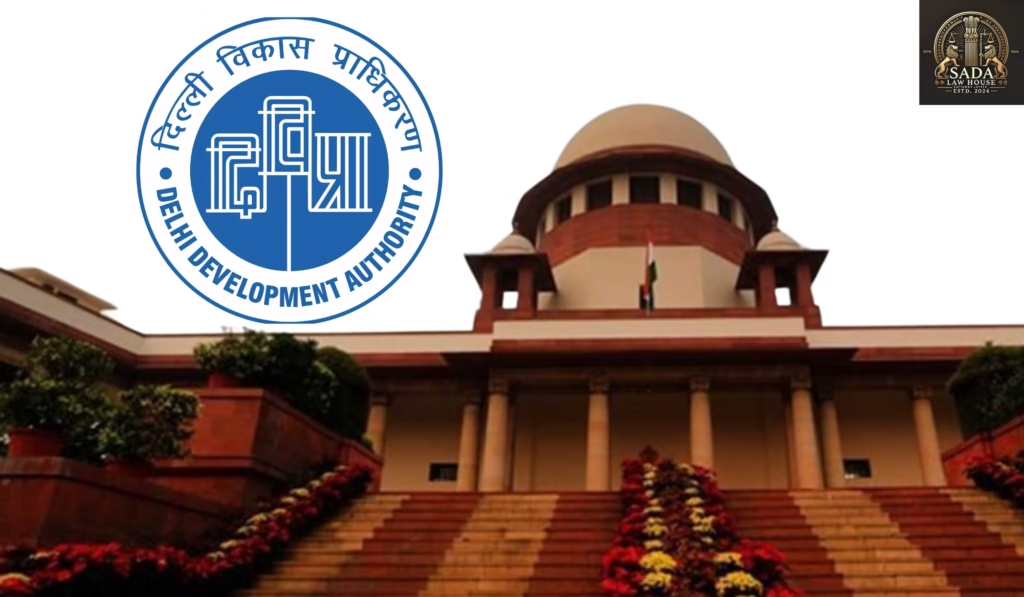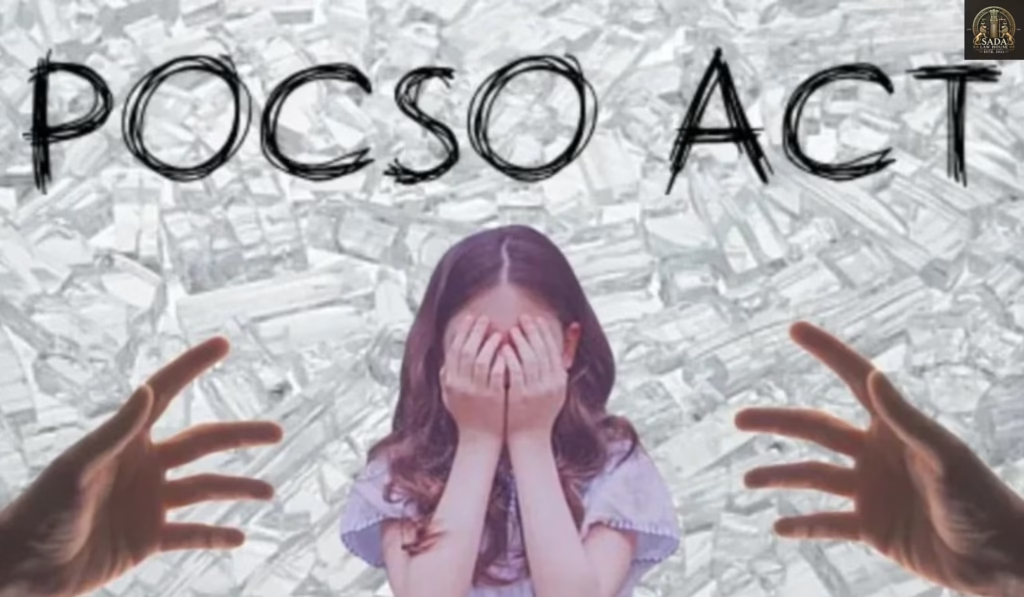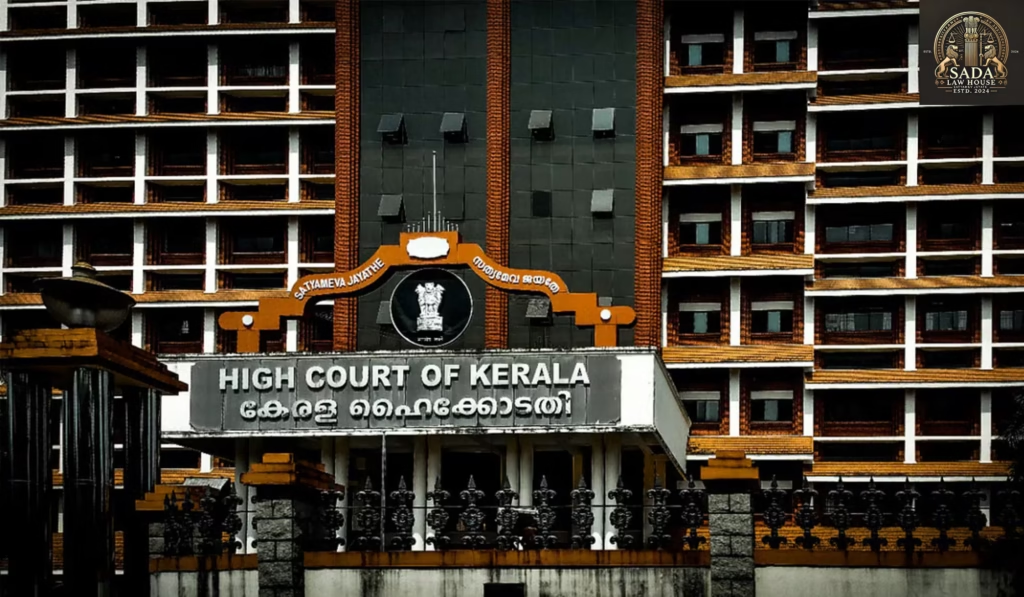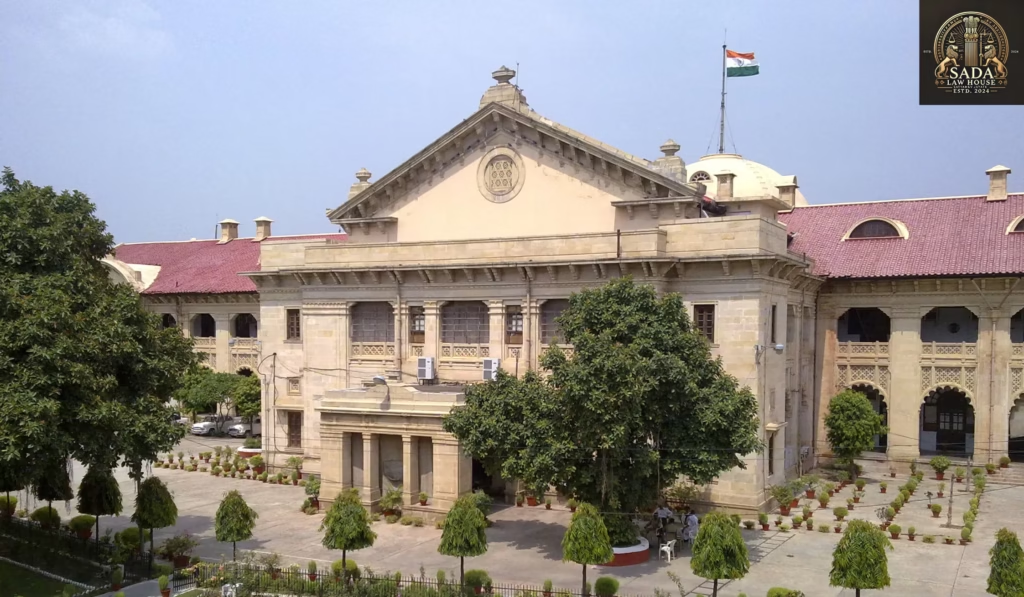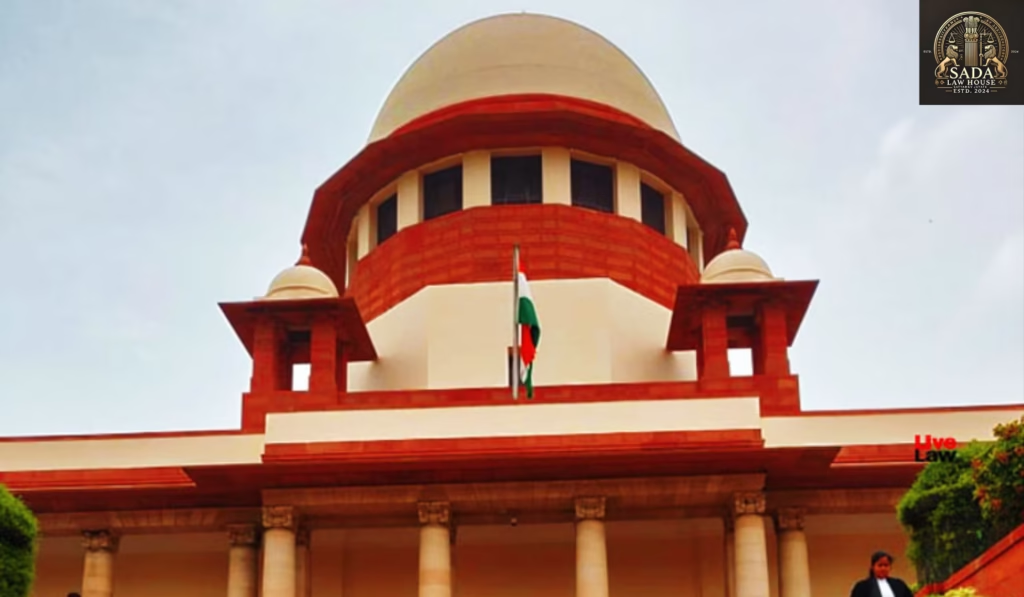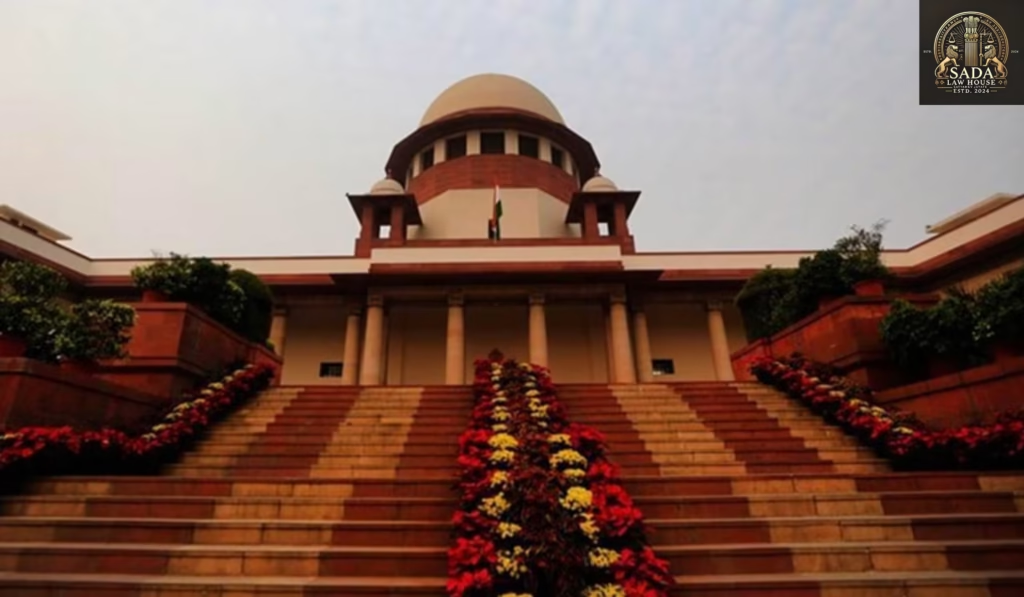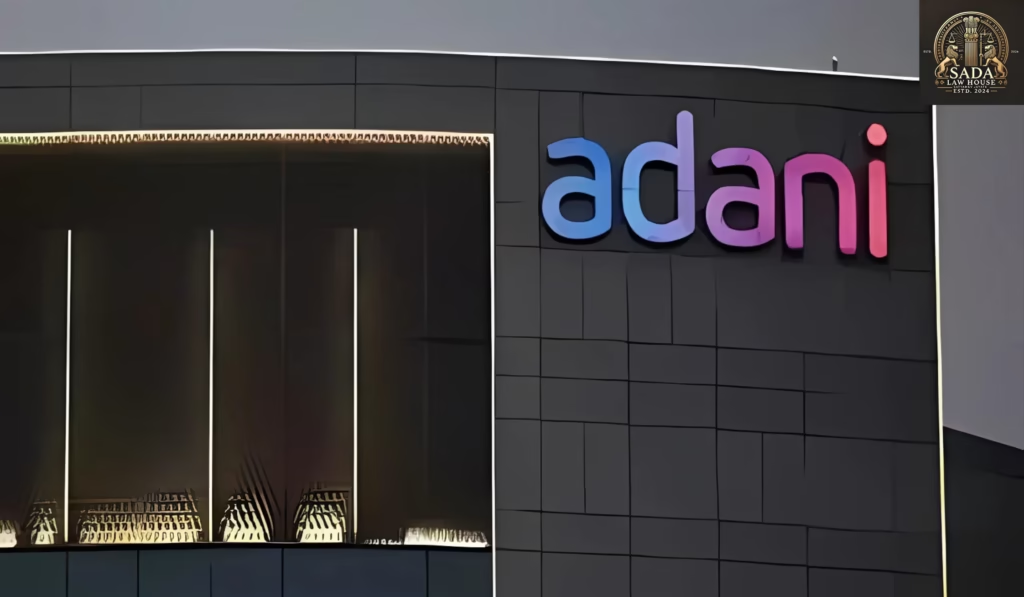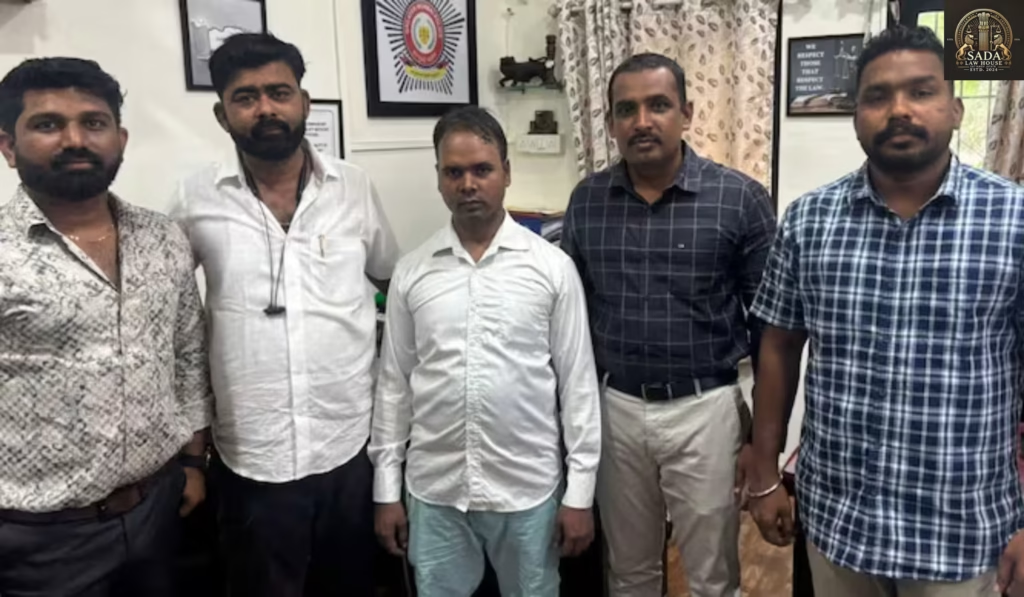Supreme Court Finds DDA Officials in Contempt for Illegal Tree Felling in Delhi Ridge Road Project
Trending Today Supreme Court Finds DDA Officials in Contempt for Illegal Tree Felling in Delhi Ridge Road Project Supreme Court Upholds 20-Year Minimum Sentence Under POCSO for Aggravated Sexual Assault LEGAL JOB OPPORTUNITY AT STANZA LIVING JOB OPPORTUNITY AT ESYA CENTRE LEGAL JOB OPPORTUNITY AT SBICAP SECURITIES LEGAL JOB OPPORTUNITY AT NUMEN LAW OFFICE INTERNSHIP OPPORTUNITY AT G D BANSAL & ASSOCIATES JOB OPPORTUNITY AT S&T LAW INTERNSHIP OPPORTUNITY AT VISHRUT AND ASSOCIATES JOB OPPORTUNITY AT NATIONAL PROJECTS CONSTRUCTION CORPORATION Supreme Court Finds DDA Officials in Contempt for Illegal Tree Felling in Delhi Ridge Road Project PRABAHAT KUMAR BILTORIA 29 May 2025 The Supreme Court holds DDA officials in contempt for unauthorized tree felling in the Delhi Ridge during a road expansion project. Learn about the environmental and legal implications, the court’s directives, and the significance of public interest in this landmark case. Supreme Court Finds DDA Officials in Contempt Over Delhi Ridge Tree Felling In a significant ruling on May 28, 2024, the Supreme Court of India found officials from the Delhi Development Authority (DDA) in contempt for unauthorized tree cutting in the ecologically sensitive Delhi Ridge. The tree felling was carried out for a road widening project meant to improve access to the CAPFIMS Paramilitary Hospital, without the Court’s prior approval. Violation of Judicial Orders and Environmental Laws The Court strongly criticized the DDA for willful concealment and non-compliance. According to Justices Surya Kant and N. Kotiswar Singh, deliberate non-disclosure undermines the rule of law and constitutes criminal contempt. Officials responsible were each fined ₹25,000, and the Court emphasized that such disregard for environmental procedures reflects institutional missteps and administrative overreach. Instructions for Transparency in Future Projects To prevent future violations, the Court mandated that all future notices and orders concerning afforestation, tree cutting, or road construction must explicitly mention any ongoing legal proceedings. This is to ensure transparency and prevent the excuse of ignorance. Afforestation and Environmental Restoration Ordered The Court instructed the DDA and the Government of the National Capital Territory of Delhi (GNCTD) to collaboratively develop an afforestation plan within three months. The plan must be implemented by the Forest Department under the supervision of a court-appointed committee. The DDA will bear the full cost. Regular compliance reports are now a legal obligation for both agencies. Dismissal of Case Against Former DDA Vice Chairman The contempt case against Subhashish Panda, former DDA Vice Chairman, was dismissed since he is no longer in office. However, the remaining officials faced both financial penalties and official censure. Balancing Environmental Impact with Public Interest The Court acknowledged the public interest behind the road expansion—ensuring better access to healthcare for paramilitary personnel. While prioritizing constitutional morality and social justice, the Court reiterated that procedural violations and ecological harm cannot be overlooked. Other Pending Contempt Cases in the Area Two other contempt petitions concerning tree felling in the same region remain under consideration—one from the bench of Justice Abhay Oka (MC Mehta case) and the other from Justice B. R. Gavai (TN Godavarman case). An expert report revealed that tree felling for roads between Main Chhattarpur Road, SAARC Chowk, and the CAPFIMS Hospital occurred without proper ecological assessments, including rainwater harvesting and restoration plans. Critics argued that the alternate route—avoiding land acquisition—was chosen to expedite construction, raising further questions about transparency and accountability. Conclusion This ruling underscores the importance of judicial oversight, ecological accountability, and the balance between development and sustainability. As India’s urban infrastructure evolves, legal and environmental compliance must go hand-in-hand to ensure that progress does not come at the cost of nature and public trust. Leave a Reply Cancel Reply Logged in as Sada Law. Edit your profile. Log out? Required fields are marked * Message* Live Cases Supreme Court Finds DDA Officials in Contempt for Illegal Tree Felling in Delhi Ridge Road Project Supreme Court Finds DDA Officials in Contempt for Illegal Tree Felling in Delhi Ridge Road Project Sada Law • May 29, 2025 • Live cases • No Comments Supreme Court Upholds 20-Year Minimum Sentence Under POCSO for Aggravated Sexual Assault Supreme Court Upholds 20-Year Minimum Sentence Under POCSO for Aggravated Sexual Assault Sada Law • May 29, 2025 • Live cases • No Comments IB Officer’s Death Case: Accused Sukanth Suresh Moves Kerala High Court Against Police Leak of Sensitive Evidence IB Officer’s Death Case: Accused Sukanth Suresh Moves Kerala High Court Against Police Leak of Sensitive Evidence Sada Law • May 28, 2025 • Live cases • No Comments 1 2 3 … 5 Next »

